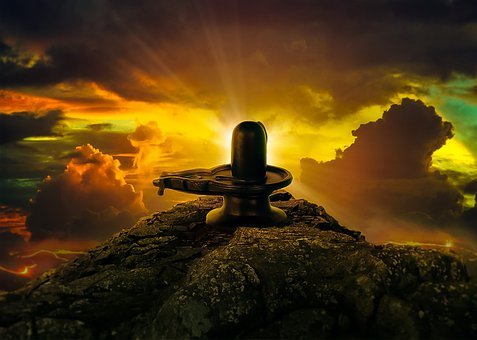How did this collaboration with Marvel begin?
I wanted to work with them already, a few years ago, but I had only done The Rider (2017), my second feature film. I asked my agent to let them know of my interest. Later, I was contacted by Nate Moorethe producer of the film, who had imagined a story for The Eternals. I was very excited about the plot. I started working on a pitch, which I went to share with Kevin Feige, president of Marvel Studios, to convince him to hire me. I think I talked for so long that he had no choice but to recruit me.
What was your vision then and how did it evolve?
She hasn’t evolved much. We wanted to approach the film in a very serious way. Spectators had to really believe that these ten heroes had walked the planet for 7,000 years. And making the whole thing a very cinematic experience.
Where does this desire to make a superhero film come from?
I grew up reading manga. It’s a little different from comics, but it made me want to tell stories in unusual settings. I was also a big fan of Marvel movies. Hence a certain curiosity to meet this small group of people, filmmakers, who were behind the studio. And to understand how they imagine these life-size stories with such great characters.
Besides manga, what has been your biggest influence?
There are many films that have inspired me. But if I had to keep one, it would be The Tree of Life by Terrence Malick. It’s a feature film that tackles big themes about humanity, through the point of view of a small family. There is also a sequence on the creation of the universe, to which I paid homage in The Eternals.
Your previous films were mostly set in rural America. Do you still see similarities between these works and The Eternals ?
In both cases, these are stories that come to me from the heart. I don’t have a technical approach to storytelling, I work mostly on instinct. There are similarities with my previous films both visually and thematically. For example, I am interested in our relationship to nature. I also seek to deconstruct masculinities, both in women and men. That is to say, allow the characters to be in tune with their most vulnerable part, to heal themselves and to find themselves. They are also often very, very complicated human beings.
You tried to add nuance. There is, for example, no real antagonist. Wasn’t it risky to break one of the main codes of superhero movies?
The best manga almost never have villains. They either redeem themselves or end up changing. In Asian culture in general, there are often more gray areas in this notion of good and evil. It’s also encouraged. In Japan and China, for example, ghosts are just spirits, and not evil. That’s why Captain America: Civil War is my favorite Marvel. Because it’s more about ideology than evil.
Meet Chloé Zhao, the Oscar-winning director behind the Marvel movie “The Eternals”

